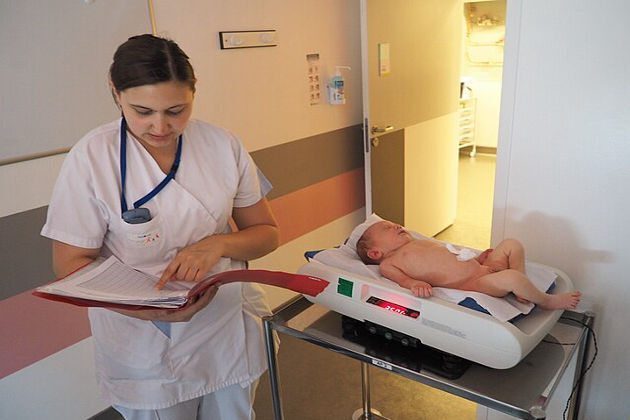Move FM Global News

Burnout and shortages push US healthcare staff toward mass exodus
Sep 19, 2025WASHINGTON, D.C.: More than half of America’s healthcare workforce is preparing to leave their current jobs, a new survey shows. This highlights an escalating crisis in a system already buckling under staff shortages and rising costs.
The Harris Poll, commissioned by education services firm Strategic Education, surveyed 1,504 frontline healthcare workers and 304 employers between June 26 and July 21 this year. The results paint a sobering picture: widespread burnout, deep dissatisfaction, and a growing risk of attrition.
According to the survey, 55 percent of workers plan to search for, interview for, or change jobs in 2026, while a striking 84 percent said they feel undervalued by their employers. Only 20 percent believe their organizations are committed to long-term career growth.
The warning signs come as U.S. hospitals continue to struggle with labor shortages and rising expenses since the COVID-19 pandemic. The Health Resources and Services Administration projects the country will face a shortfall of nearly 700,000 physicians, registered nurses, and licensed practical nurses by 2037.
“Given the unprecedented need for care driven by the aging Baby Boomer population, these findings offer critical insights into how to better retain, support, and prepare the people at the heart of our nation’s healthcare system,” said Jennifer Musil, global president of research at The Harris Poll.
Veteran healthcare professionals say the scale of today’s staffing crisis is unmatched. “Healthcare is really at a critical juncture,” said Adele Webb, a nurse with more than four decades of experience, who reviewed the report. “In my experience, it is worse than it’s ever been. We are losing more staff than ever before. Jobs are harder, patients are older and more chronically ill, and we don’t have enough people.”
The survey also highlights potential solutions. More than 60 percent of workers said tuition assistance and opportunities for continuing education would make them more likely to stay with their current employer. Respondents suggested that educational support could ease burnout, improve retention, and create clearer career pathways.
This trend is especially pronounced among younger staff. Gen Z and Millennial workers were not only the most likely to seek new roles but also the most likely to say they would remain if offered education benefits and career advancement opportunities.
Experts warn that unless systemic changes are made, the combination of mounting patient needs and dwindling staff could lead to the U.S. healthcare system’s most severe workforce crisis in decades.


